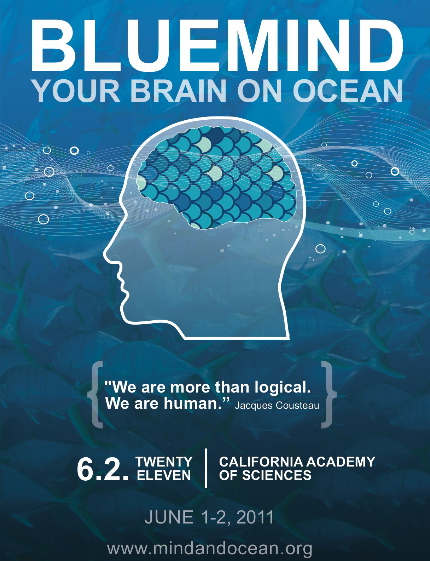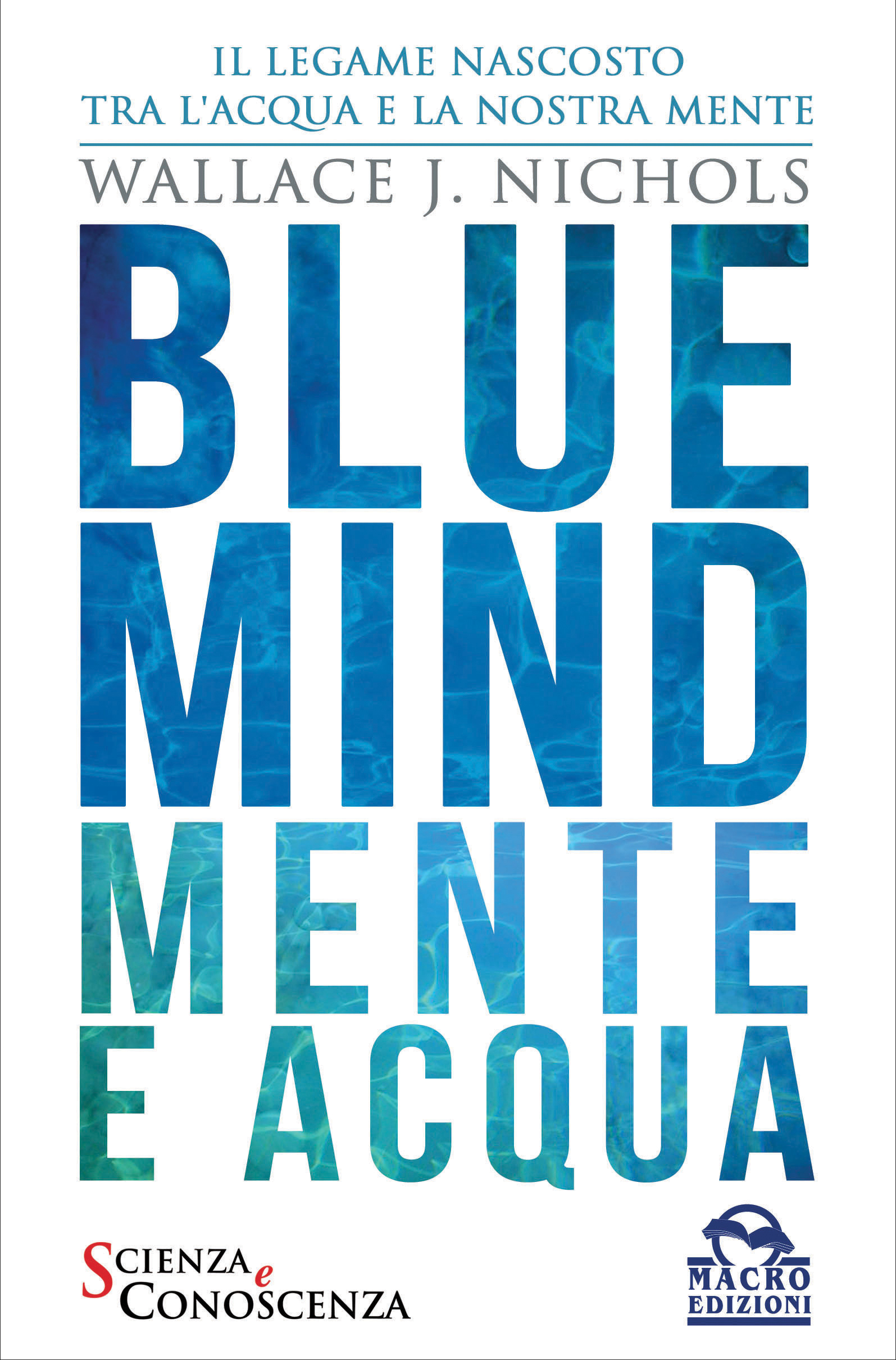


What is it about the natural environment - specifically a watery environment - that provides such “rest” for the brain? Time in nature is an easier solution - especially time in, on, or near water. Most of us, however, aren’t quite ready to dial down our stress response by jumping out of planes. “I learned what was important and not to sweat the small stuff,” she says. Franssen was an avid skydiver in her earlier years and realized that jumping out of planes on the weekend helped her feel more peaceful during the week. Accessed constructively, Red Mind can help us learn to evaluate and reduce stressors in our lives. To be fair, the amped-up state of Red Mind is not always bad. It’s in contrast to Red Mind, which neuroscientist Catherine Franssen, PhD, describes as an “edgy high, characterized by stress, anxiety, fear, and maybe even a little bit of anger and despair.” We use the term Blue Mind to describe this state of water-associated peace. Researchers have looked carefully at studies detailing the calming effect of nature on the human mind, and they find over and over that water helps amplify nature’s soothing, healing qualities.

One of our goals at the network is to understand the effects of water on the human psyche.

We offer a book club on my book Blue Mind, as well as summits, workshops, and retreats that center the importance of water for our collective well-being. I’m a marine biologist and ocean-conservancy researcher, and I host something called the Blue Mind Network. Still, what if taking to the sea - or even just the bathtub - could make a significant difference in our well-being? What if spending time in or near water were as effective as (and more immediate than) an antidepressant? What if your doctor handed you a prescription that read, “Take two waves, a beach walk, and some flowing river, and call me in the morning”?Īccording to current research in cognitive neuroscience (which now echoes much historical wisdom), when you spend time around water, what happens is very good indeed. It lowers levels of serotonin and dopamine, making us feel exhausted and down.Īnd, of course, the knowledge that our way of living is so unhealthy is yet another source of stress. Our “always on” lifestyle can eventually result in memory problems, poor judgment, anxiety, depression, and overreliance on alcohol and drugs for relaxation.Ĭhronic stress strains us physiologically too, damaging the cardiovascular, immune, digestive, nervous, and musculoskeletal systems. Modern life may be even tougher than 19th-century Nantucket. We could all learn something from Ishmael. When Ishmael, the narrator of Herman Melville’s classic novel Moby-Dick, found himself “growing grim about the mouth” and in need of “driving off the spleen,” he took to the sea. Blue Mind: A mildly meditative state characterized by calm, peace, unity, and a sense of general happiness and satisfaction with life in the moment.


 0 kommentar(er)
0 kommentar(er)
